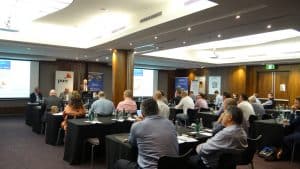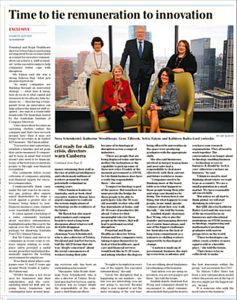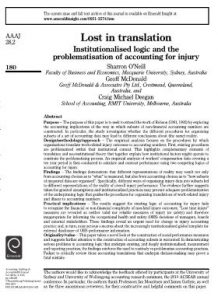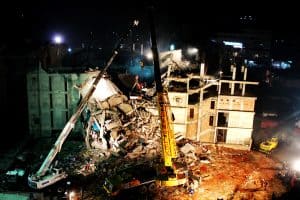 The latest safety management standard ISO45001 will be active in a few months’ time. It is the first international Standard in occupational health and safety (OHS), a fact supported by the length of time and horse-trading that has occurred in its development. It will be an important OHS document for many countries as, for some, it is a first. For Western countries, like Australia, New Zealand and Britain, ISO45001 is the latest in a long line of safety management standards, so the hype is more muted.
The latest safety management standard ISO45001 will be active in a few months’ time. It is the first international Standard in occupational health and safety (OHS), a fact supported by the length of time and horse-trading that has occurred in its development. It will be an important OHS document for many countries as, for some, it is a first. For Western countries, like Australia, New Zealand and Britain, ISO45001 is the latest in a long line of safety management standards, so the hype is more muted.
The new features of this Standard have been outlined in




 Occupational health and safety (OHS) law in the United States has little impact on that of any countries outside of North America. But the response to those OHS laws by US and multinational companies indicates corporate approaches to workplace safety and this can spread round the world. The anticipated strategy to worker safety under the Presidency of Donald Trump is expected to be harsh, if he attends to it at all.
Occupational health and safety (OHS) law in the United States has little impact on that of any countries outside of North America. But the response to those OHS laws by US and multinational companies indicates corporate approaches to workplace safety and this can spread round the world. The anticipated strategy to worker safety under the Presidency of Donald Trump is expected to be harsh, if he attends to it at all.